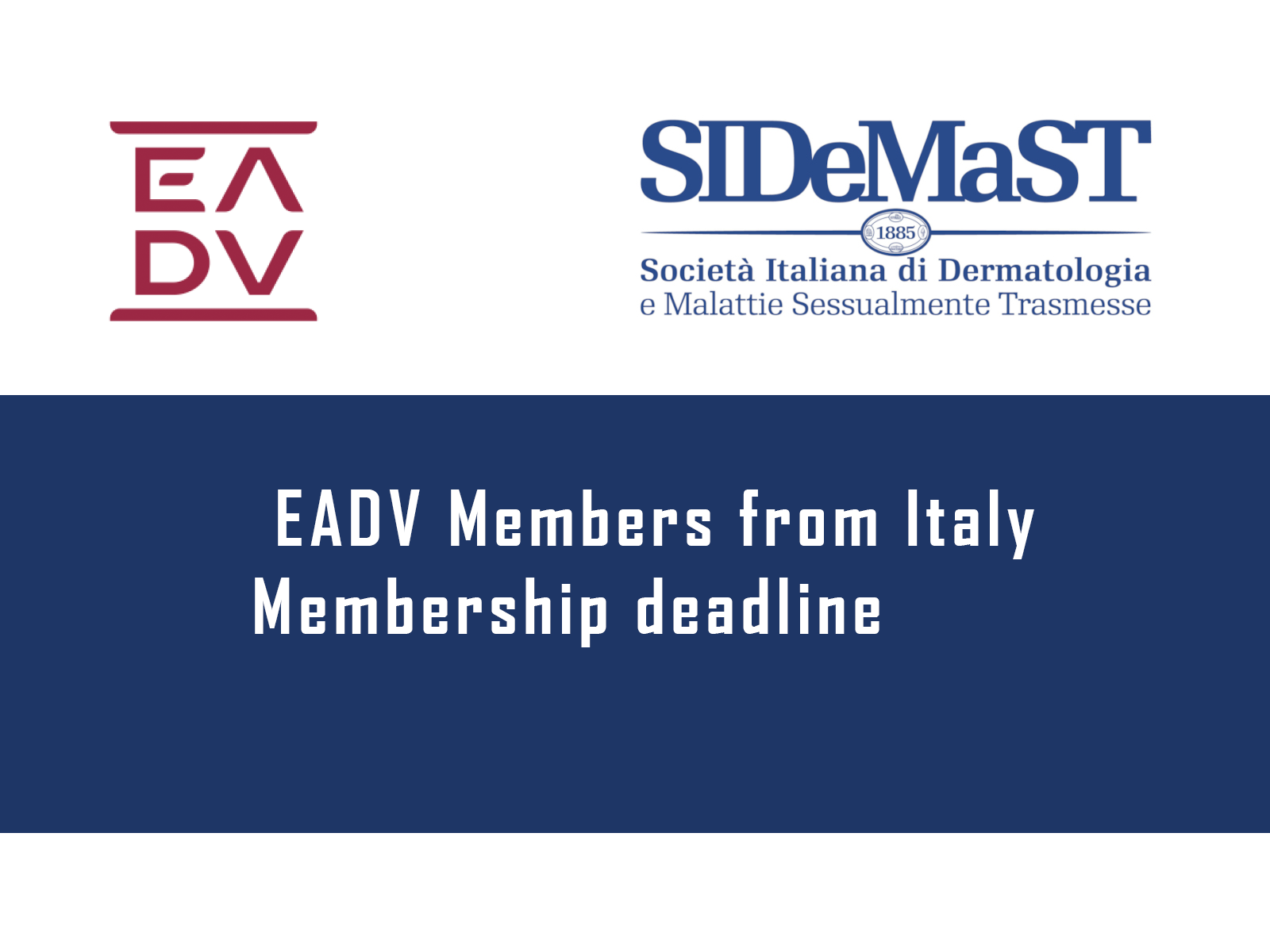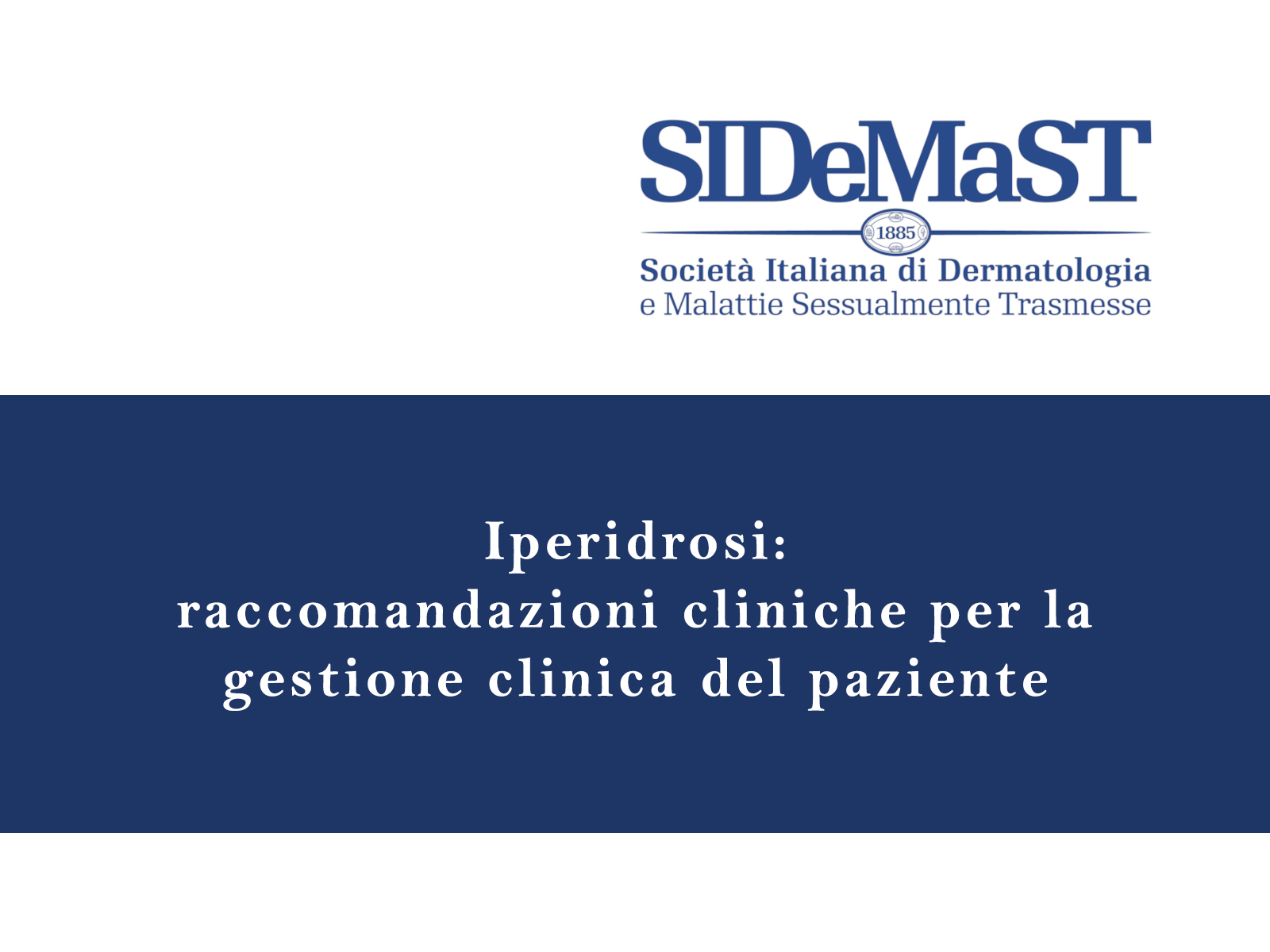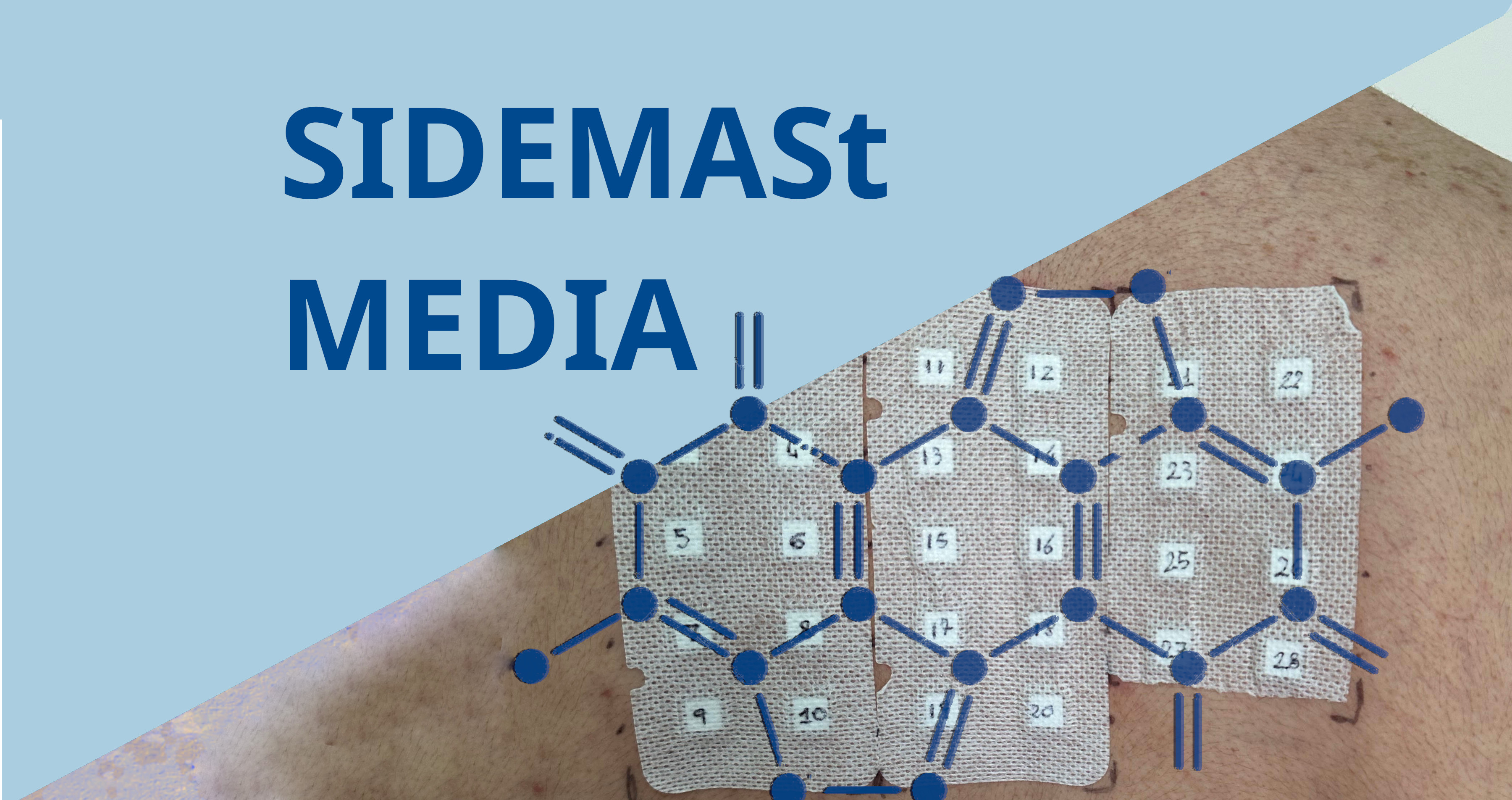The use of 2 potent targeted agents extended progression-free survival (PFS) among patients with advanced melanoma with better efficacy than use of the agents individually, according to a study presented here on June 6 at the 2016 Annual Meeting of the American Society of Clinical Oncology (ASCO).
At a minimum follow-up of 18 months, the median PFS for the combination regimen was 11.5 months, compared with 6.9 months with nivolumab monotherapy and 2.9 months with ipilimumab monotherapy.
"The data from CheckMate-067 provide new insights on the long-term durability of the progression-free survival benefit seen with the nivolumab and ipilimumab combination regimen in advanced melanoma relative to ipilimumab monotherapy," reported Jedd D. Wolchok, MD, Memorial Sloan Kettering Cancer Center, New York, New York, and colleagues.
CheckMate-067 included 945 patients with previously untreated advanced melanoma. Patients were randomised to receive nivolumab 1 mg/kg plus ipilimumab 3 mg/kg every 3 weeks (for 4 doses), followed by nivolumab 3 mg/kg every 2 weeks thereafter (n = 314) or to monotherapy with nivolumab 3 mg/kg every 2 weeks (4 doses; n = 316) or ipilimumab 3 mg/kg every 3 weeks (4 doses; n = 315) followed by placebo every 2 weeks. Patients were treated until progression or unacceptable toxic effects.
The combination therapy resulted in a 58% overall response rate, compared with 44% for nivolumab monotherapy and 19% for ipilimumab monotherapy.
There were 38 complete responses and 143 partial responses in patients treated with the combination regimen, compared with 31 complete responses and 107 partial responses in the nivolumab monotherapy group and 7 complete responses and 53 partial responses in the ipilimumab monotherapy group.
The median duration of response had not been reached for patients treated with the nivolumab and ipilimumab combination. The duration of response was a median of 22.3 months for nivolumab monotherapy and 14.4 months for ipilimumab monotherapy.
With longer follow-up, the safety of the combination treatment in CheckMate -067 was consistent with previously reported studies of the combination regimen and most treatment-related select adverse events were managed with immune-modulating medications.









